Ryanair’s flight from Morocco to Manchester became a nightmare for 177 passengers, including 32 children, when a drunken passenger forced an emergency landing in Faro, Portugal. The incident quickly turned chaotic as UK authorities blocked the plane from continuing its journey due to post-Brexit aviation rules. After removing the disruptive passenger, Ryanair couldn’t dispatch a rescue flight immediately, stranding travelers overnight in uncomfortable conditions.
Despite refueling the aircraft and removing the unruly passenger, the airline could not resolve the situation quickly. Bureaucratic obstacles stemming from Brexit-era aviation regulations delayed further action, leaving passengers with minimal help and frustratingly long delays. The event highlighted the complications of flying in the post-Brexit era, especially for low-cost carriers like Ryanair, which face additional operational challenges.
The incident exposed the increasing complexity of international travel between the UK and Europe. While the immediate cause was a disruptive passenger, the real issue lay in the inability to react swiftly due to outdated procedures. Social media quickly filled with complaints from stranded passengers, describing overcrowded terminals and long queues for assistance.
Ryanair eventually arranged a rescue flight, but the damage was already done. This event raises questions about the effectiveness of current aviation protocols and the need for urgent reform to prevent similar situations in the future. As summer travel approaches, travelers should prepare for potential disruptions caused by the post-Brexit system and plan accordingly.
Related stories:
Catch up on the top stories and travel deals by subscribing to our newsletter!

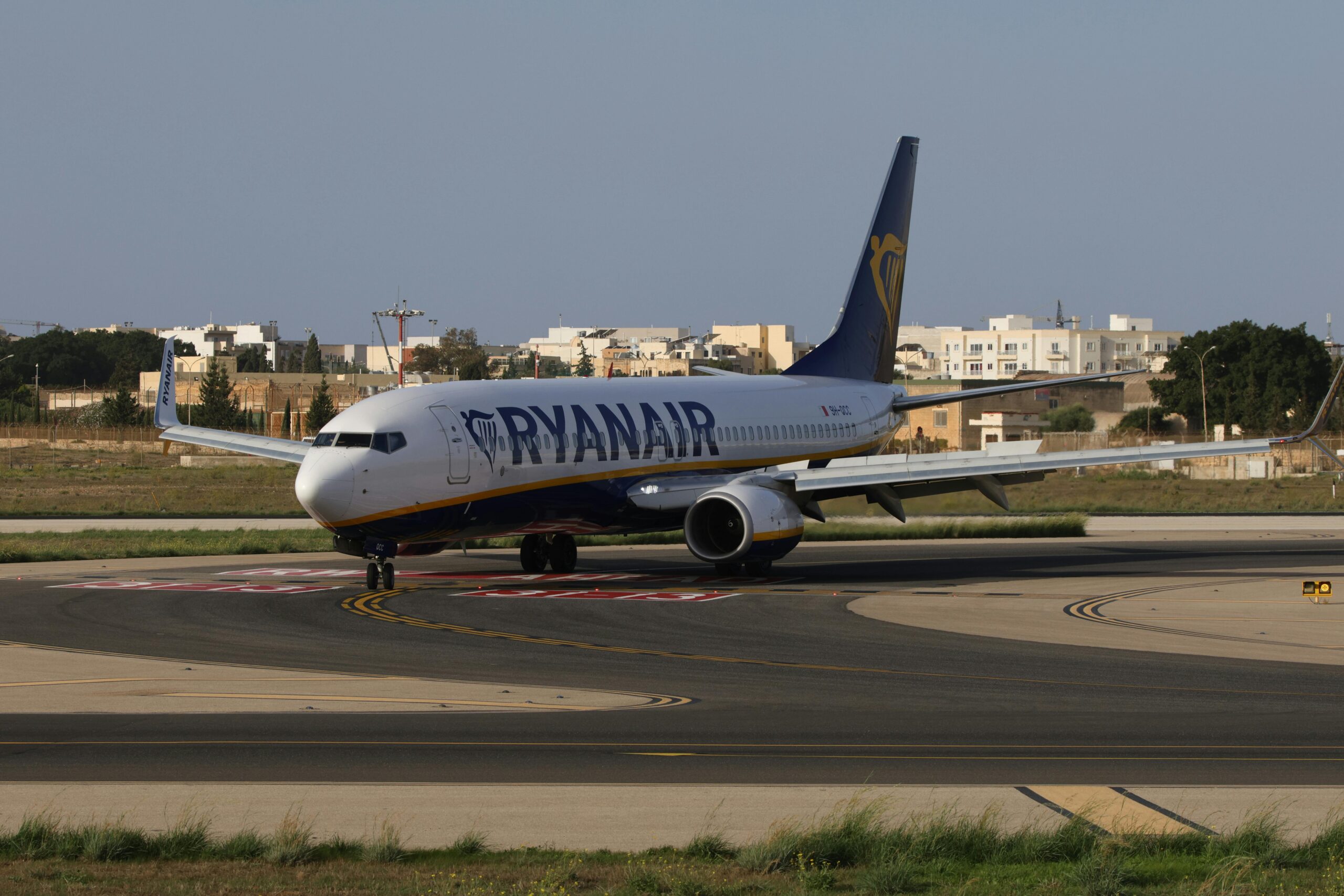

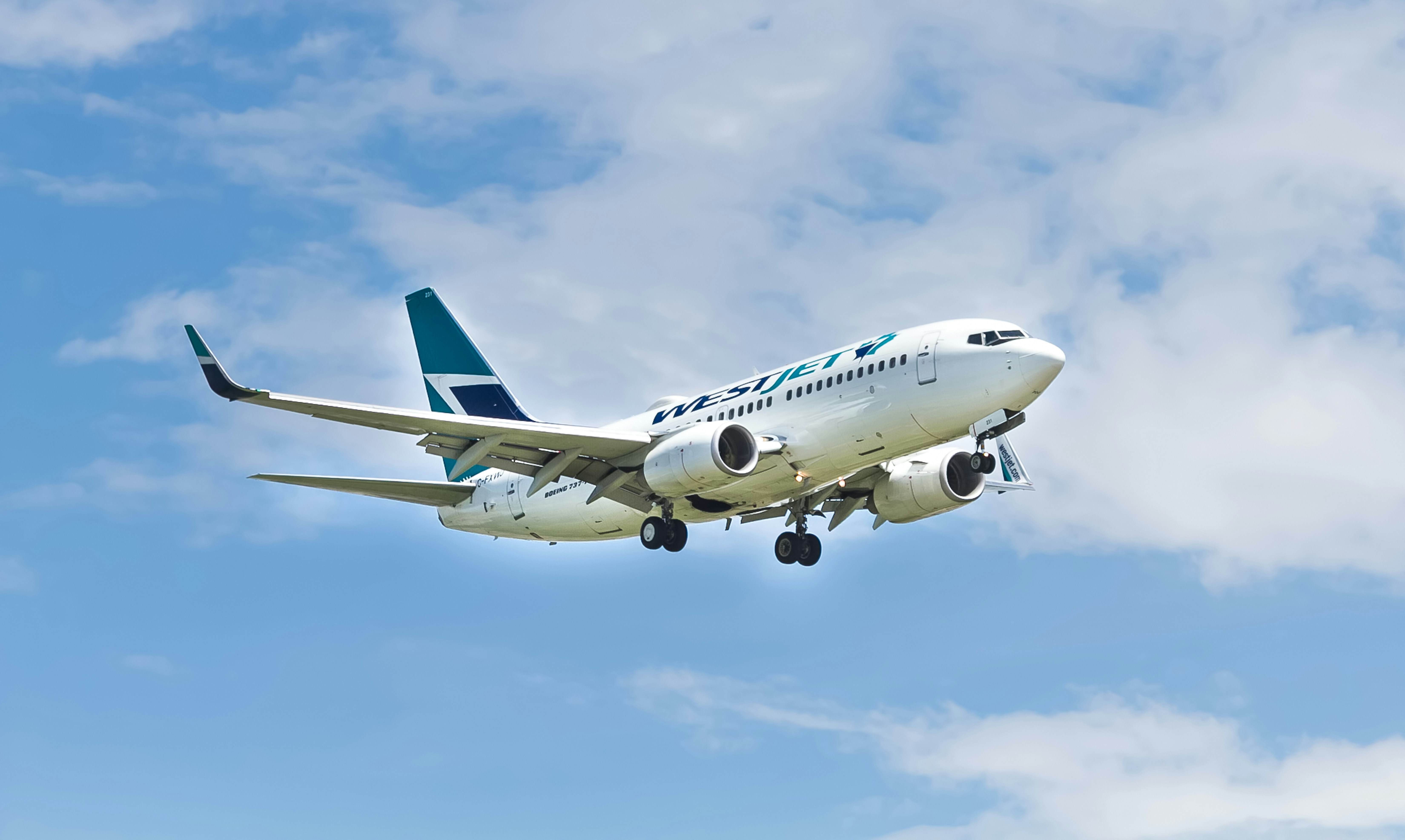

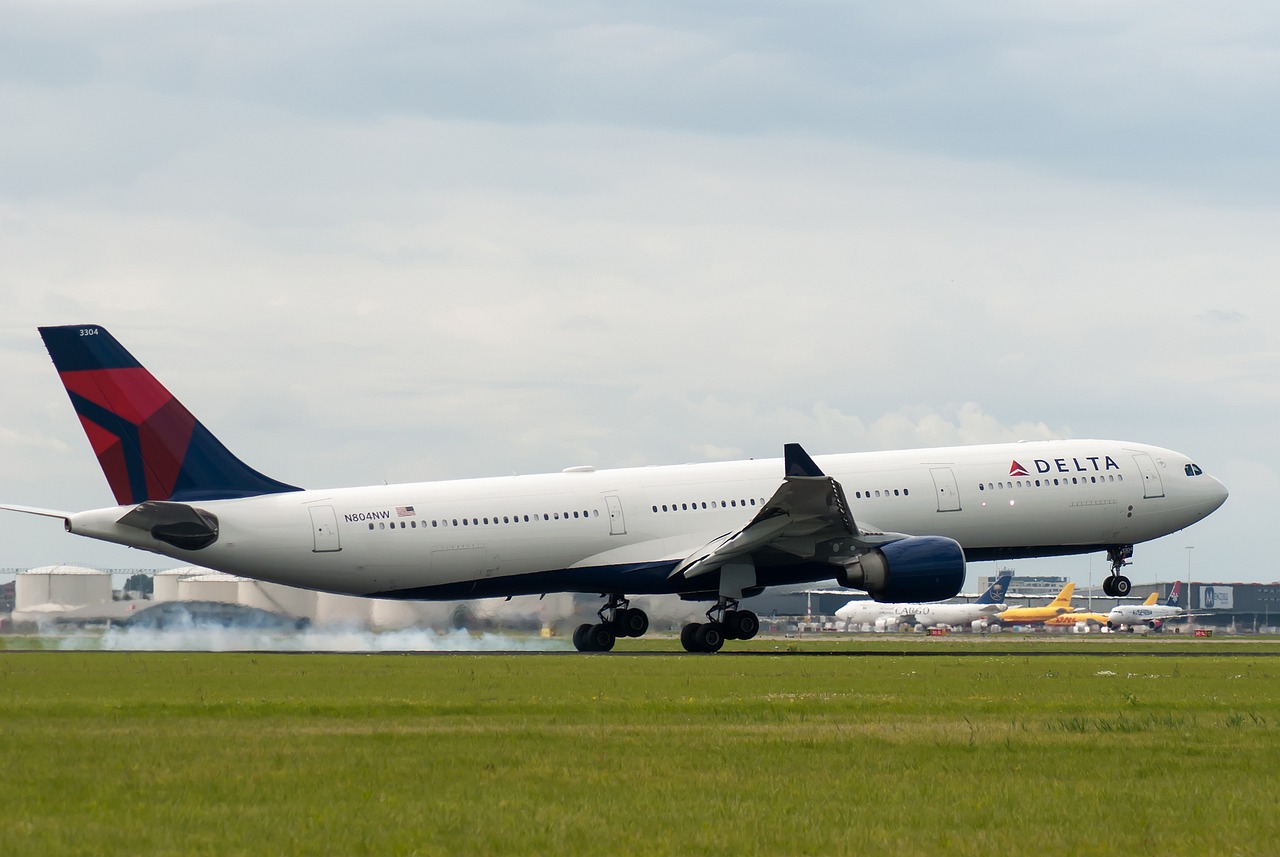
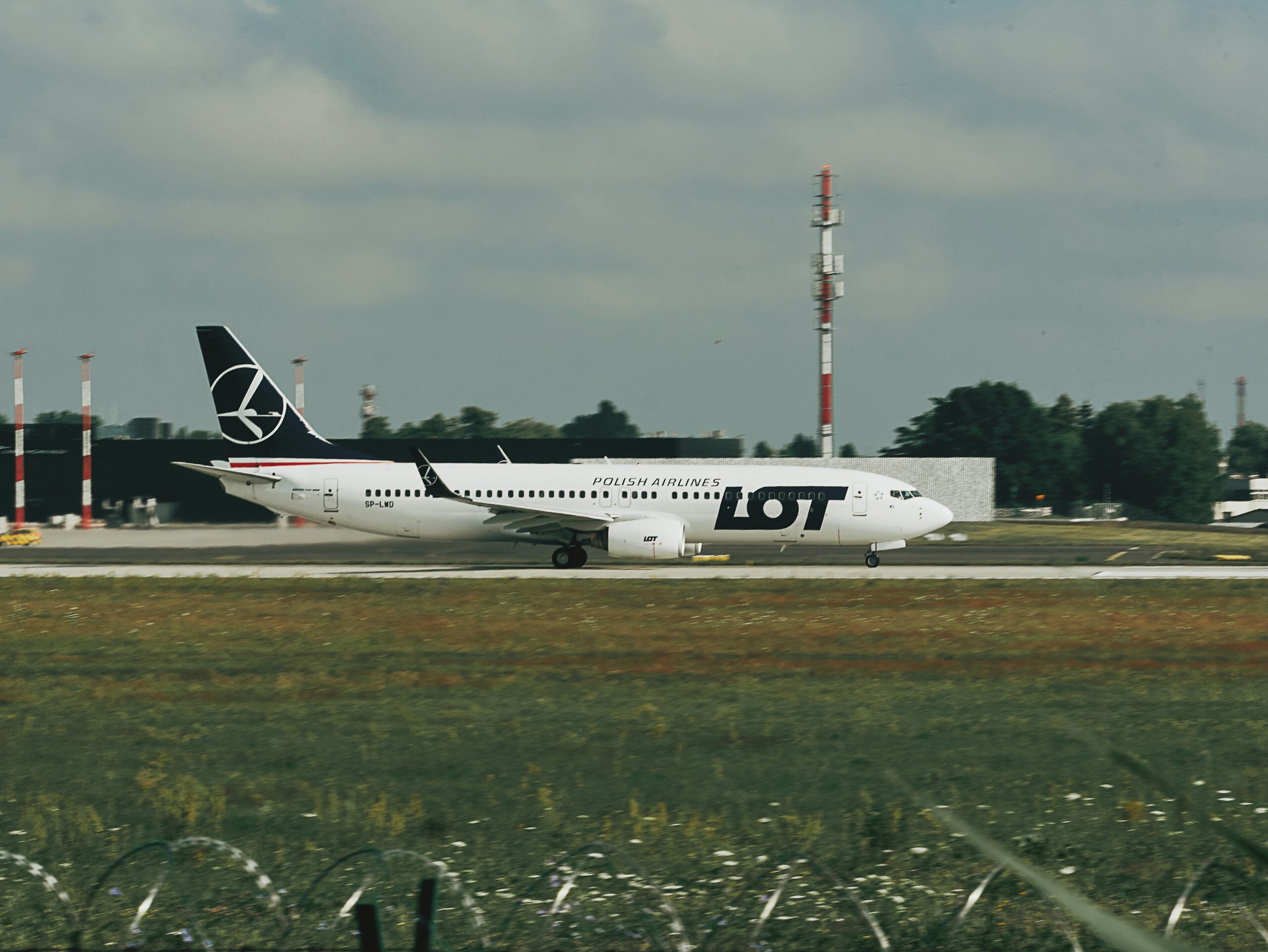
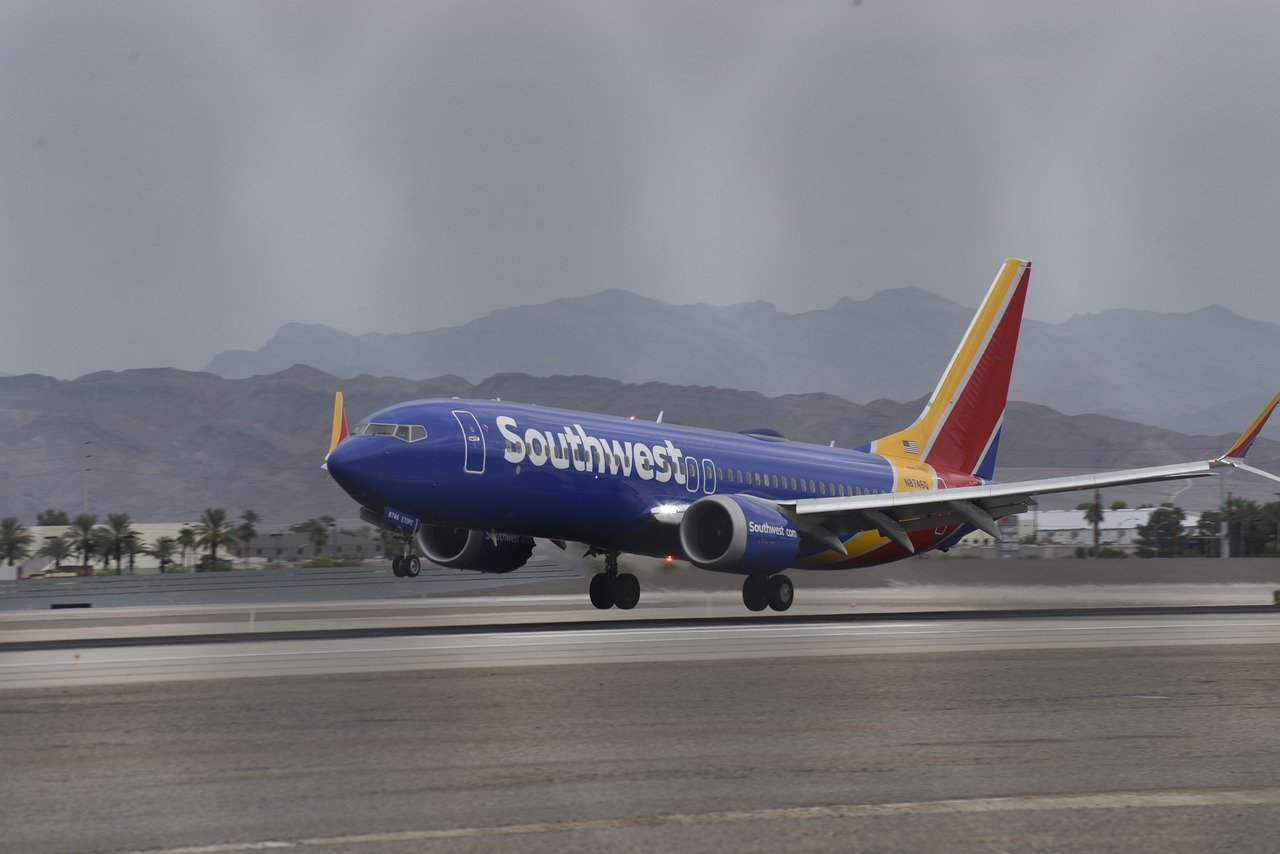




Leave a Reply